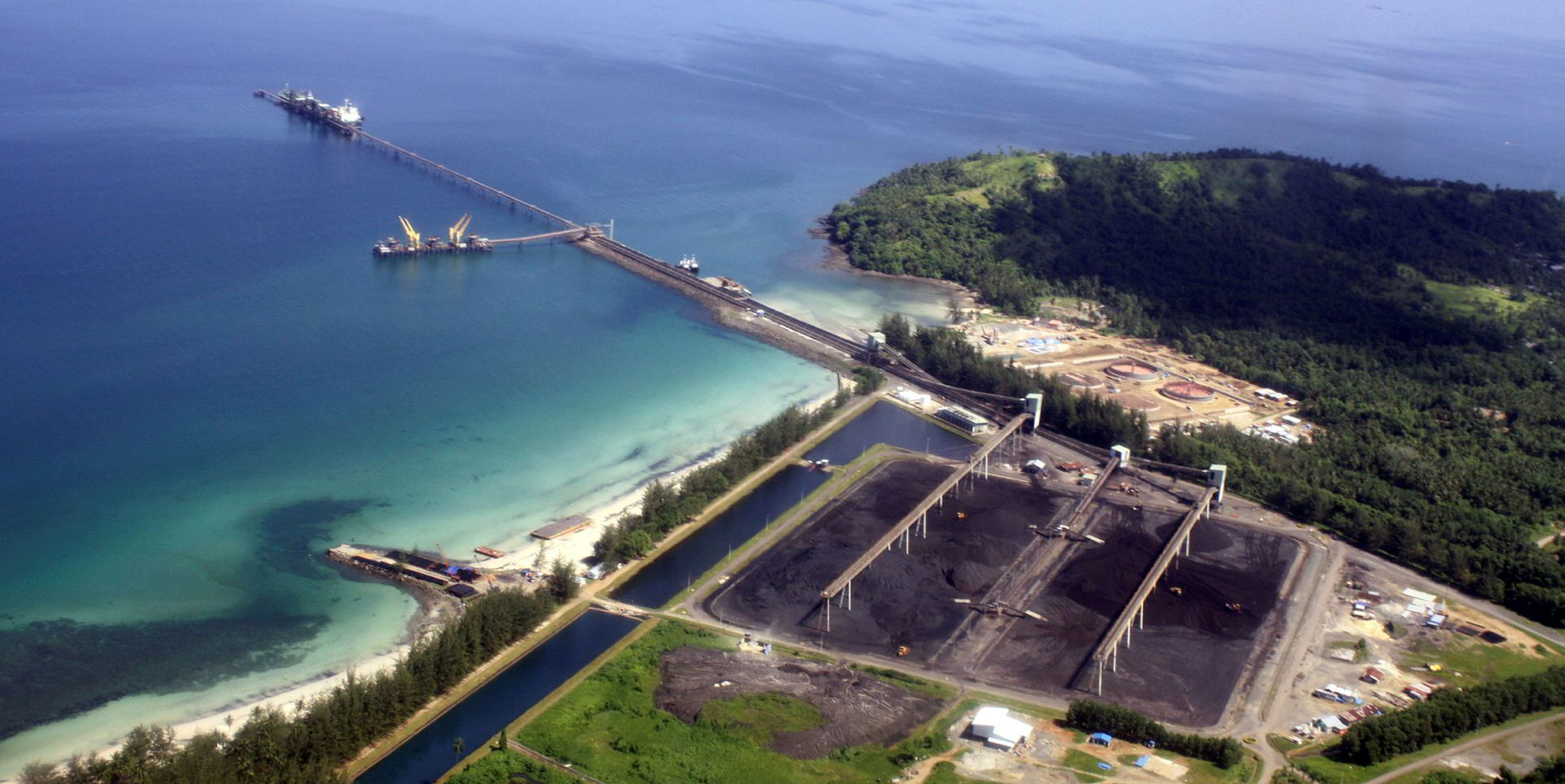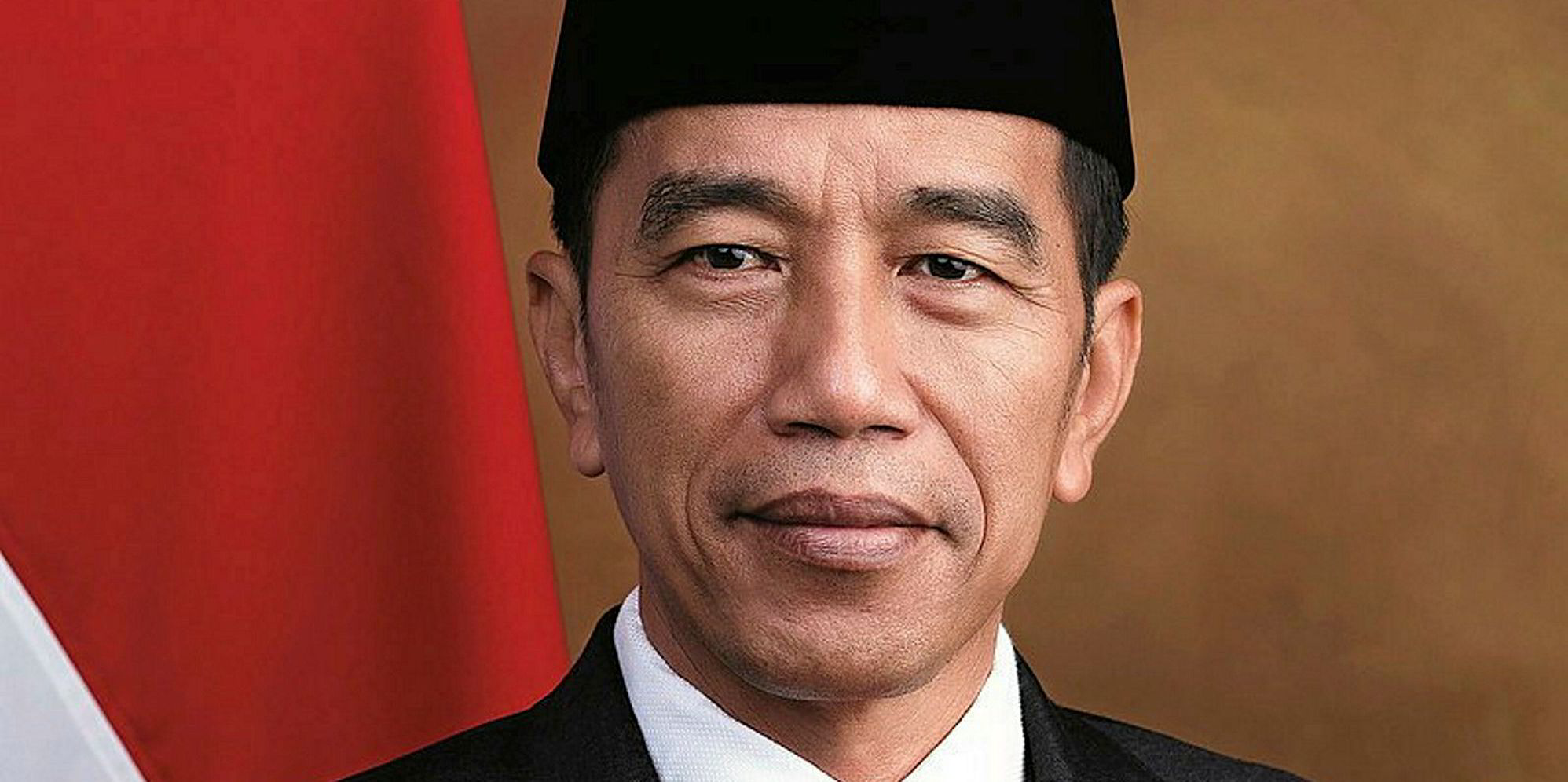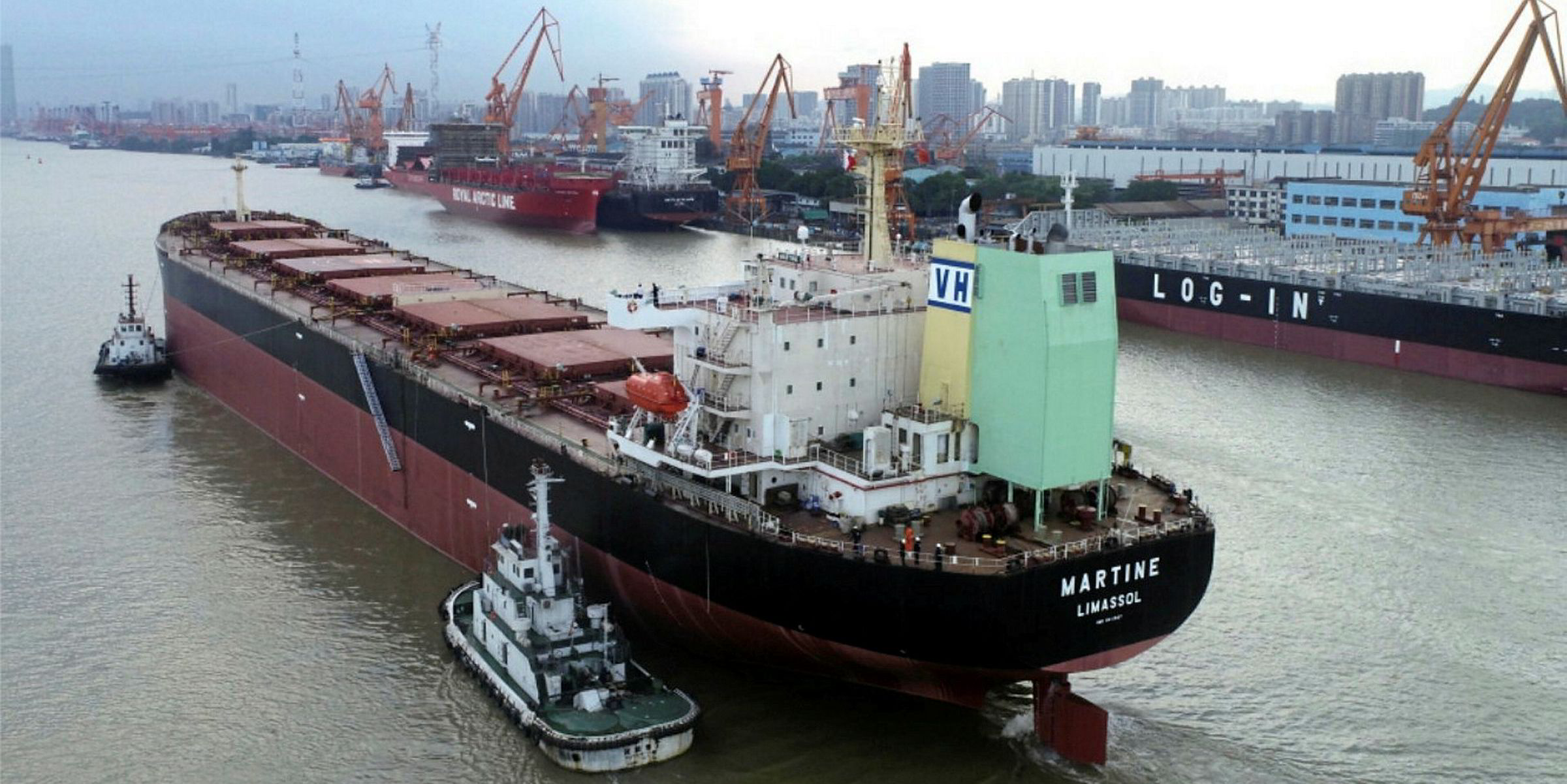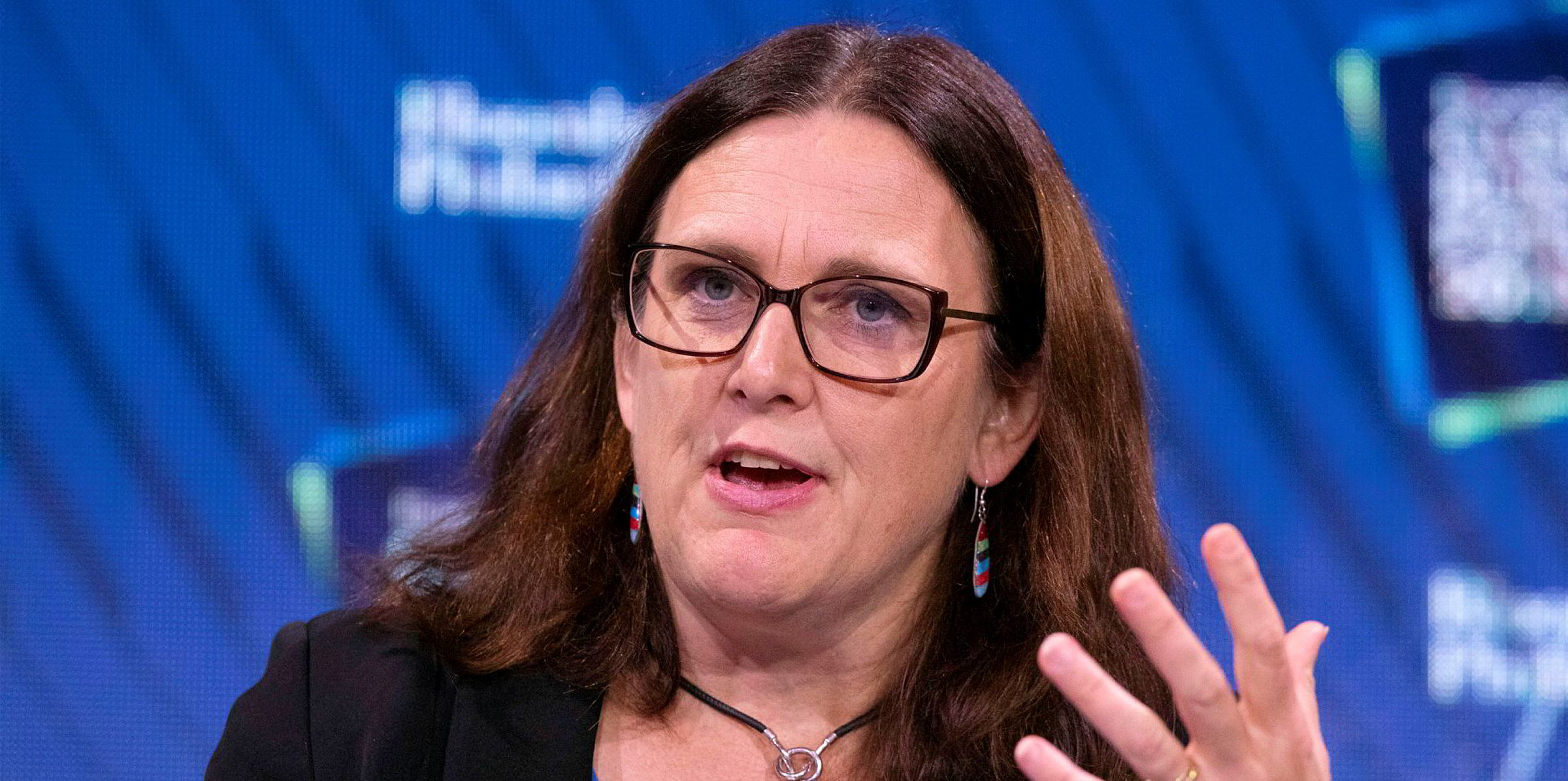Traders in Indonesian palm oil and coal have been left in limbo by uncertainty over the possible tightening of shipping restrictions.
A minister indicated nearly three weeks ago that the government would not go ahead with plans to implement cabotage restrictions on coal and palm oil shipments that are set to begin on 1 May.
It has left industry stakeholders questioning whether it is a permanent or temporary move.
Luhut Pandjaitan, Coordinating Minister for Maritime and Investment Affairs, said the Indonesian government was revoking cabotage rules requiring exports of coal and palm oil to be shipped via national shipping companies.
The government had concluded that the regulations would disrupt exports.
Several domestic commodities and shipping sources told TradeWinds earlier this month that while they were aware of Pandjaitan's announcement via media reports, information remained scant and they were unaware of any details.
Sources close to the Indonesian Shipowners' Association and Indonesia's Ministry of Trade claimed that they had not received any official directive informing them of the government’s change of plans.
Sources connected to the Indonesian Coal Mining Association said that although they had previously heard via unofficial channels that it might happen, no official notification had been handed down by 31 March.
Whether the government is merely delaying implementation of the law or revoking it remains to be seen.
Michael Drachmann, director of Jakarta-based shipbroking and marine services company Telesto Maritime Indonesia, suggested it was more likely that it was being delayed.
“If you look at Indonesia's success with implementing cabotage policies over the past decade, I can’t see why they would not want to do it for export cargoes,” he said.
Other sources suggested that the Covid-19 pandemic had caused the government to focus on more pressing matters.
“With so many problems from the coronavirus, doing this now is too much headache. Maybe they will delay this for another year,” a coal industry source said.
TradeWinds understands that an industry stakeholder meeting was scheduled to take place in Jakarta during the last week of March to discuss the issue, but it was cancelled due to coronavirus-linked restrictions on gatherings.
Cabotage confusion
In October 2017, the government quietly announced a law requiring coal and palm oil exports to be sold on a cost, insurance and freight (CIF) basis, using Indonesian insurance and shipping companies.
The law, designed to boost the national fleet, flag and shipowners, was supposed to go into effect on 1 May 2018.
International traders and buyers immediately threatened to start sourcing supplies elsewhere. They said there was no chance that Indonesian shipowners would be able to provide enough ships for the 371m tonnes of coal and 35m tonnes of palm oil the country was expected to export globally that year.
Indonesian shipowners concurred, claiming that they barely had enough vessels to carry growing volumes of domestic cargoes.
It was further argued that selling on a CIF basis was a new concept for producers, which did not have the expertise or the resources.
In 2018, the government stepped back and revised the law.
Cargoes sold on CIF and free-on-board terms could be arranged, although the freight would have to be purchased through a local shipping service provider, which in turn could charter in foreign-flagged tonnage to perform the contract.
Foreign shipowners and operators were allowed to set up Indonesian subsidiaries, provided they met local licensing and corporate law requirements.
Getting up to speed
Two years were allowed for all involved to get up to speed.
Three shipowner associations wrote to Pandjaitan this year, spelling out in no uncertain terms the problems they thought the law would create.
The letter, signed by representatives from the International Chamber of Shipping, European Community Shipowners’ Association and Asian Shipowners’ Forum, warned that the law was likely to have a damaging impact on the wider Indonesian economy and especially on those strategic national industries whose cargoes will be directly affected.







